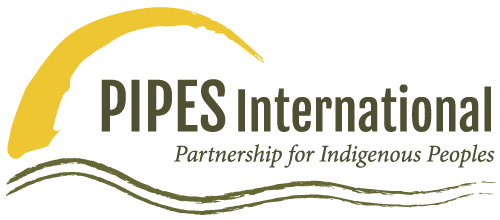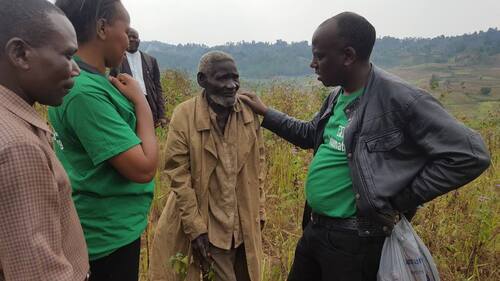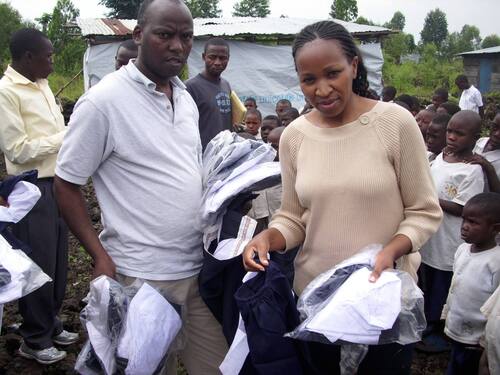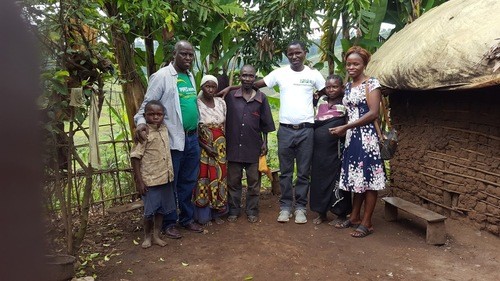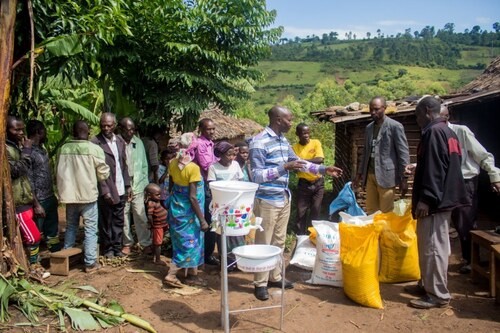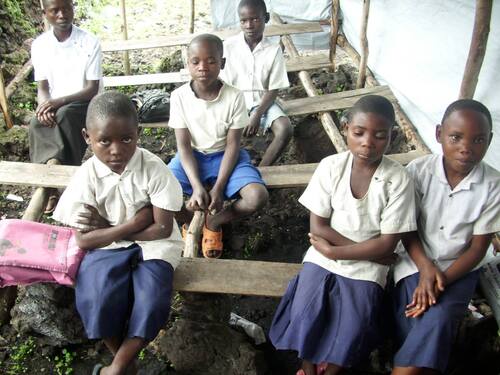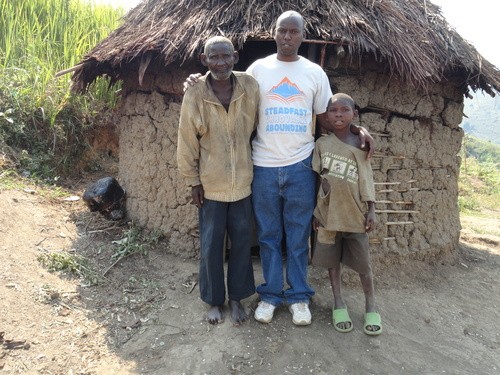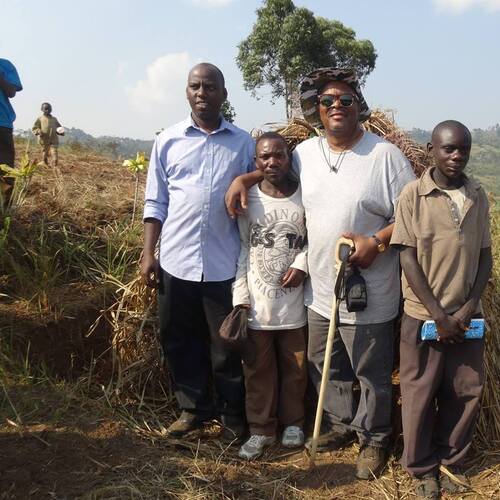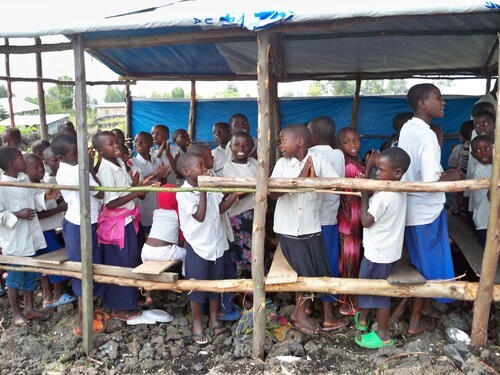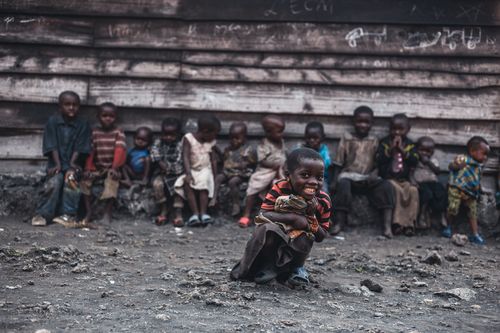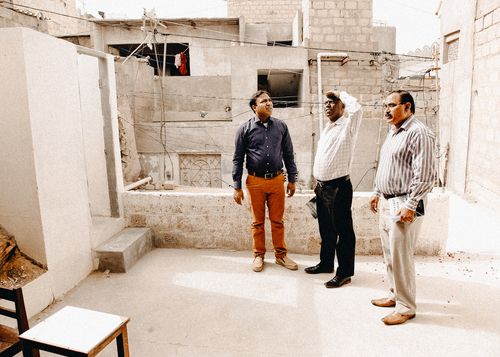How it all started...
In 2004, while on a mission trip to the war-torn Democratic Republic of Congo, Samuel met the indigenous people, referred to as pygmies, who had been evicted from the forests by the government. It was a devastating trip to Katana village on the outskirts of Bukavu city to witness the misery and hopelessness on the faces of children and families. The plight of this community moved him, and his life turned around.
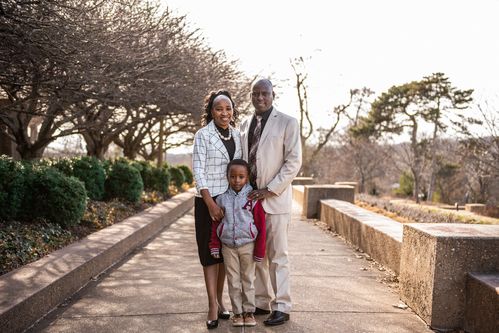
During this trip, Samuel listened to the Bambuti children who had never been to school, older men who had not changed their clothes for months, and women whom the militia groups had repeatedly raped in the forest.
Samuel sobbed when he heard the horrible plight the pygmies were going through. He felt desperate to see the children dying in tiny leafed huts due to malaria and cold and hopeless men who could not provide for their families. Samuel decided to do something.
In 2010, while on a trip to the United States, he shared the plight of this community. Through his friends' contribution, he started a small school in Goma and opened doors for a few kids and one teacher. It was the first time many pygmy children, orphans, and vulnerable children could access education. Today, the ministry supports over 1,000 children in Mugunga and Idjwi Island in Congo and many more in other countries. PIPES has also resettled and built decent homes for several families.
Samuel and Esther Mwangi shared their dream with Gurry and Jean Chapel and founded PIPES International on October 31, 2011. Since then, PIPES has continued transforming the lives of children, women, and families through discipleship, education, and socio-economic empowerment to fight poverty.
Samuel sobbed when he heard the horrible plight the pygmies were going through. He felt desperate to see the children dying in tiny leafed huts due to malaria and cold and hopeless men who could not provide for their families. Samuel decided to do something.
In 2010, while on a trip to the United States, he shared the plight of this community. Through his friends' contribution, he started a small school in Goma and opened doors for a few kids and one teacher. It was the first time many pygmy children, orphans, and vulnerable children could access education. Today, the ministry supports over 1,000 children in Mugunga and Idjwi Island in Congo and many more in other countries. PIPES has also resettled and built decent homes for several families.
Samuel and Esther Mwangi shared their dream with Gurry and Jean Chapel and founded PIPES International on October 31, 2011. Since then, PIPES has continued transforming the lives of children, women, and families through discipleship, education, and socio-economic empowerment to fight poverty.
